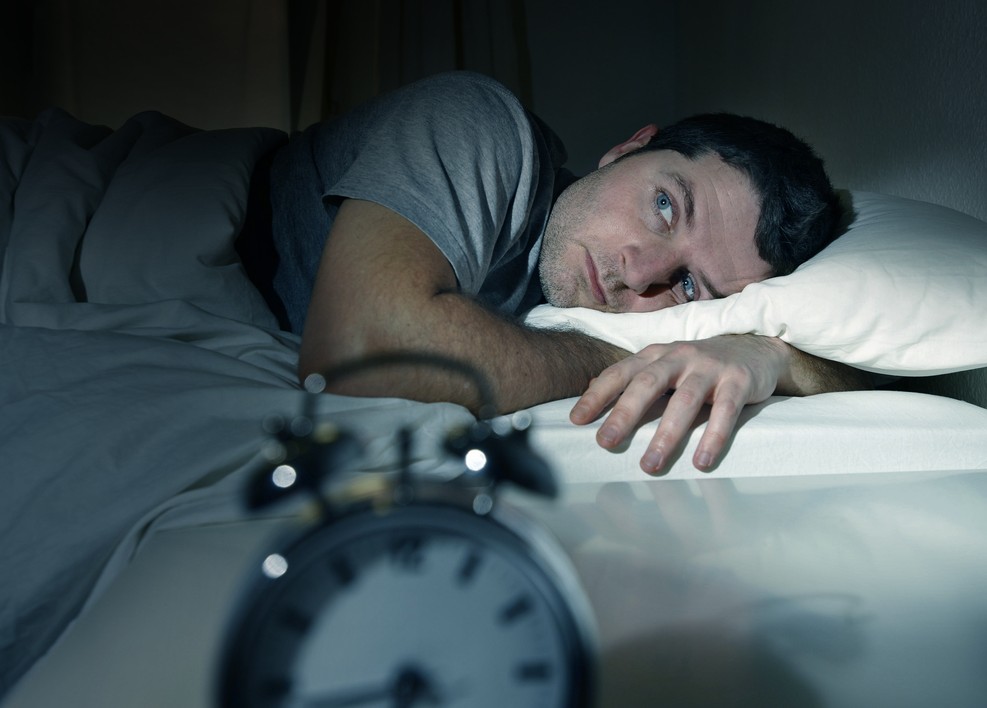Insomnia: Not Just for Adults Anymore
We used to think insomnia was an issue exclusively for older adults. Today, however, more young people are experiencing it, making it a widespread concern. So, what can be done to finally get a better night's sleep?

Have you recently wondered why in this generation we are hearing more and more about young people suffering from insomnia—sleep disturbances—whereas in the past, it was mainly adults who dealt with these issues?
Many causes can lead to insomnia
1. Various illnesses - kidney, liver, and heart diseases, digestive issues, and various chronic illnesses.
2. Different medications - drugs such as diet pills, blood pressure capsules, steroids, and chemotherapy drugs often exacerbate the condition and disrupt sleep balance.
3. Stress and depression - further research has proven that stress and depression too can rob sleep from sufferers. Consider women in their thirties, who are in the midst of building a career, nurturing a relationship, managing a household, raising children, perhaps studying, supporting parents, and more. How much do they carry on their shoulders, and how hard can it be sometimes to set it all aside at night and easily fall asleep?
4. 'Disruption' of the biological clock - frequent flyers or shift workers might also experience sleep problems due to disruptions in their internal biological clock.
5. Consuming stimulants before bed - for instance, menthol, the substance that gives mint its taste and aroma, found in many toothpastes, is defined as a stimulant. Honestly, who doesn't brush their teeth before bed (I personally make my own toothpaste without menthol)?
6. Poor nutrition - lack of vitamins and minerals; excess caffeine; alcohol consumption; 'white' nutrition with no nutritional value; and being overweight can all lead to sleep issues. Caffeine found in coffee, chocolate, and energy drinks competes with serotonin, a hormone involved in the sleep mechanism, for absorption sites. Additionally, magnesium and calcium are two essential minerals for muscle relaxation, and their absence in the diet can lead to difficulties in relaxation and falling asleep. Consuming white grains (such as white flour, white rice, white pasta) or sweets before bed can result in high blood sugar levels, providing instant, immediate energy and making it difficult to bring the body to a state of calm.

So how can insomnia be prevented?
First of all, it's important for anyone suffering from insomnia to try to trace the causes, and if necessary, consult a doctor. In terms of improving a suitable and correct diet, there are several recommended practices to implement that may help those suffering from sleep deprivation due to nutritional deficiencies or improper diet:
- Reduce caffeine, energy drinks, chocolate, and alcohol consumption.
- Consume foods rich in calcium (green vegetables, whole grains, sesame, soy, carrots, cabbage, parsley, broccoli, Brazil nuts).
- Add magnesium-rich foods to the diet such as nuts, legumes, tofu, avocado, fish, and bananas.
- Ensure the diet is rich in tryptophan—a precursor to sleep hormones—such as cottage cheese (for those who consume dairy), avocado, eggs, corn, fish, oats, chickpeas, and walnuts.

